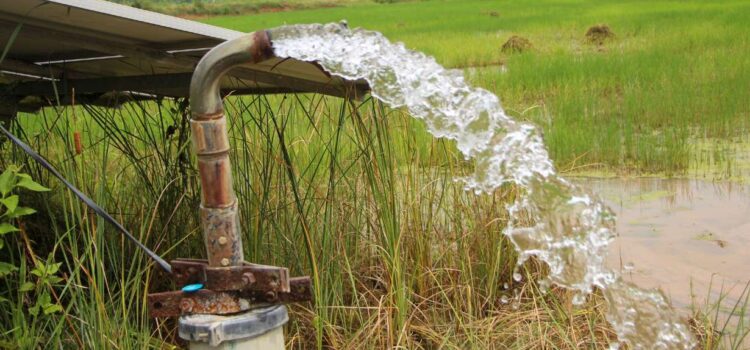
Essential Guide to Home Winterization: Protecting Your Home from Winter Hazards
Home winterization is a crucial undertaking, particularly in regions experiencing sub-zero temperatures during winter. It’s not only about safeguarding your property against winter’s severity but also about ensuring the inhabitants’ comfort and safety. Let’s explore the key reasons why thorough home winterization is imperative.
Key Winterization Strategies:
- Pipe Damage Prevention: Frozen and burst pipes are a common winter problem, leading to extensive water damage and costly repairs. Insulating pipes and maintaining a functional heating system are critical to avert such issues.
- Sprinkler System Care: The winter cold can damage outdoor plumbing, including sprinkler heads and pipes. To prevent water wastage and expensive repairs come spring, it’s vital to drain these systems and insulate any exposed pipes.
- Effective Pest Control: Colder weather drives pests indoors. A well-winterized home, sealed from cracks and openings and properly insulated, is less inviting to these unwanted guests.
- Roof Protection: Ice dams and heavy snow can seriously damage roofs. Prevent costly roof repairs through regular inspections, gutter cleaning, and shingle damage checks.
- Safety Measures: Winter increases the risks of fire hazards and carbon monoxide poisoning. Regular inspection and cleaning of heating systems, chimneys, and flues, along with functional smoke and carbon monoxide detectors, are essential.
- Heating System Efficiency: An efficient heating system reduces costs and enhances warmth. This involves insulating windows and doors, draft checking, and heating system servicing.
Winterizing your home is vital for structural integrity, occupant safety, and cost efficiency. Adequate preparation for the colder months significantly enhances your home’s comfort and security.
Frequently Asked Questions (FAQs):
- Q: How often should I winterize my home?
- Q: Can I handle home winterization myself?
- A: Many tasks are DIY, but some, like heating system servicing, might need professional help.
- Q: What’s the most critical winterization aspect?
- A: Preventing pipe freezing and maintaining efficient heating are paramount.
Additional Winterization Tips:
- Setting the Thermostat: Keep it at a minimum of 55°F to prevent pipe freezing, protect sensitive plants, ensure pet safety, and maintain energy efficiency.
- Irrigation System Winterization: Consider professional help for the blowout process of outdoor irrigation systems. Drain and store hoses and sprinklers indoors.
- Sealing Foundation Vents: Close foundation vents with foam blocks or covers in winter to retain warmth, but ensure adequate attic ventilation to prevent moisture buildup.
- Ceiling Fan Adjustment: Set ceiling fans to rotate clockwise to push warm air downwards, reducing heating needs.
- Weatherproofing Inspection: Regularly check and update the weather stripping around doors and windows. Seal any gaps with caulk to prevent heat loss.
More FAQs:
- Q: Should I regularly replace weather stripping?
- A: Yes, annually as part of winterization.
- Q: Is professional help necessary for irrigation system blowout?
- A: Yes, due to the specialized equipment and expertise required.
- Q: Can sealing foundation vents cause moisture problems?
- A: Balance is key. Maintain adequate ventilation to avoid moisture issues, particularly in the attic.
Written By AgentsGather.com
Dan Skelly is a real estate broker/owner/agent at Orson Hill Realty in Evergreen CO. Dan is also a Realtor in Southwest Florida on Marco Island and Naples Florida



